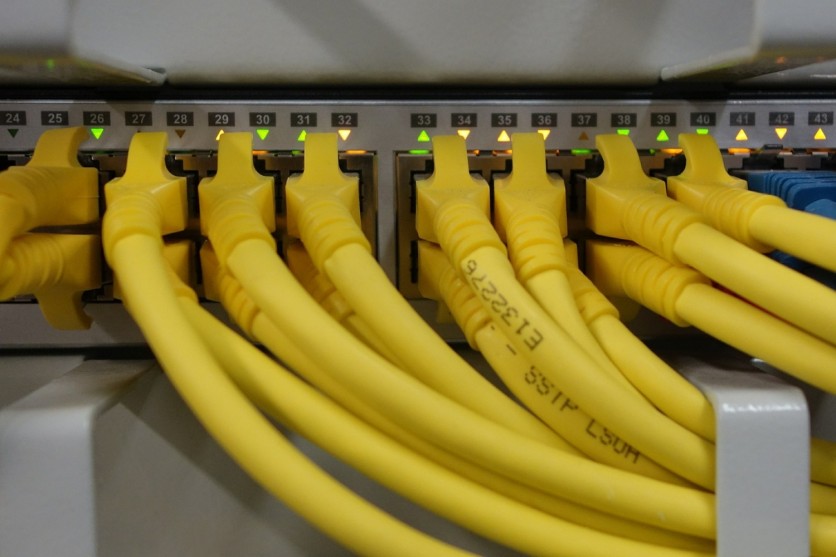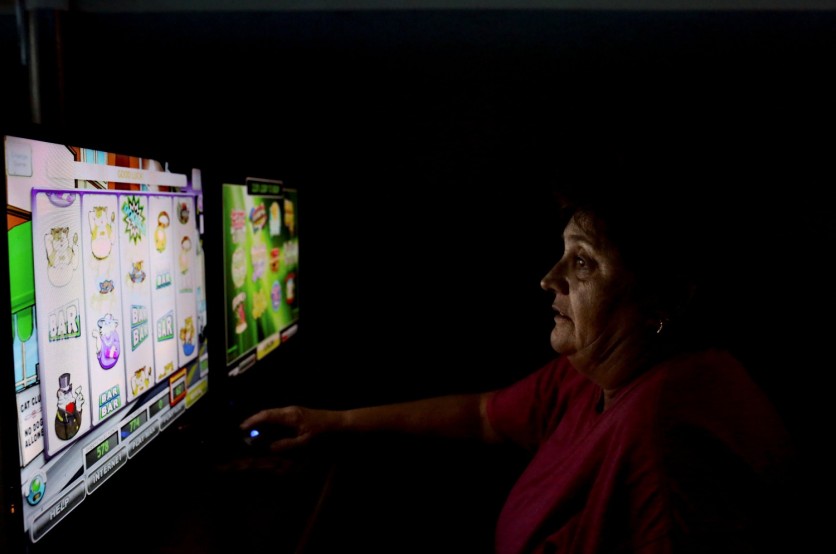

Being stuck at home is horrific enough for some people. Now consider being held at home without the internet.
That is the hassle for thousands of Americans who don't have high-speed internet at home. Slow internet would significantly limit their potential to work, take training, or seek advice from a health practitioner as the nation hunkers down for the coronavirus pandemic.
CNET reported European officers asked streaming carrier Netflix to dial back its resolution to help conserve bandwidth. Broadband businesses in the U.S. claim their networks can take care of whatever site visitors is thrown their way. But some broadband policy specialists are skeptical.
Jon Sallet, a former general counsel of the Federal Communications Commission, told CNET that FCC should be asking the broadband carriers over what is happening and tell the Americans the answer.
ALSO READ : Once Internet is Down Forever, What Will Happen?
Traffic is spiking
There's no question that broadband carriers in the U.S. noticed big spikes in utility last week as many Americans began telecommuting and schools closed across the country.
Verizon, in a weekly comparison, said voice calls between March 12 and March 19 on its network increased by 25 percent. Verizon's total web traffic also increased by 22 percent.
On Wednesday, the organization stated weekly usage patterns showed call for streaming video services, like Netflix and Amazon, increased by 12 percent. These are the most bandwidth-extensive packages on the internet.
Meanwhile, web site visitors climbed 20 percent, the virtual private community jumped 30 percent. And online gaming skyrocketed 75 percent. Social media usage didn't change as compared with the prior week.
Anticipating the need for Americans to get online, U.S. carriers and broadband providers have already suspended data caps on the carrier.
Verizon CEO Hans Vestberg told CNBC on Thursday that the organisation is well-positioned to handle the onslaught.
Verizon isn't always the only carrier that's confident. AT&T and Comcast have also stated they've seen visitors skyrocket, but they're assured their networks can take care of the surge in utilization.
"We've been watching the network very closely," said Joel Shadle, a spokesperson for Comcast, told CNET. Noting the shift, Shadle said Verizon is seeing sustained usage and peaks throughout the day as people are staying home and go online.
AT&T reported it hit record highs of statistics site visitors between its network and its peers, driven by heavy video streaming. The company also stated it noticed all-time highs in facts site visitors from Netflix on Friday and Saturday with a moderate dip on Sunday.
And the company said that its voice calling traffic has been way too up. AT&T said wireless voice calls increased by 44 percent. They also noted an 88 percent increase in Wi-Fi calls. Landline domestic phone calls were up 74 percent.
AT&T also stated it has deployed FirstNet portable cellular web sites to boost insurance for first responders in various parts of the country.
U.S. Coronavirus response to allocate funds in boosting net access
Lawmakers are discussing how to cope with that hassle in massive spending payments transferring on Capitol Hill, according to Congressional aides, Federal Communications Commission officials, and enterprise executives.
The Wall Street Journal said that Senate leaders decided to go against including a large amount of money for broadband infrastructure in a trillion-dollar stimulus bill.
The Senate's stimulus bill might consist of a smaller quantity of funding to pay to deploy cellular hot spots around the country.
If a larger broadband plan is ultimately adopted, the proposals should offer an influx of cash to telecom companies such as AT&T Inc., and Verizon Communications Inc.
New federal investment for the pieces of equipment will help Americans talk with teachers, doctors and colleagues from home. That would consist of Wi-Fi hot-spot devices, laptops, and cellular phones, according to WSJ.
Lawmakers are also discussing ways to increase the availability of a federal subsidy for people to get cheaper mobile phone plans, a House Democratic aide said.
The FCC has suggested two crisis-response plans to Congress, a person familiar with the matter told WSJ. One might allow the organization to pay for devices for hospitals to check in with patients remotely. Another could make a new appropriation so that the company ought to fund remote learning devices.
ⓒ 2025 TECHTIMES.com All rights reserved. Do not reproduce without permission.




